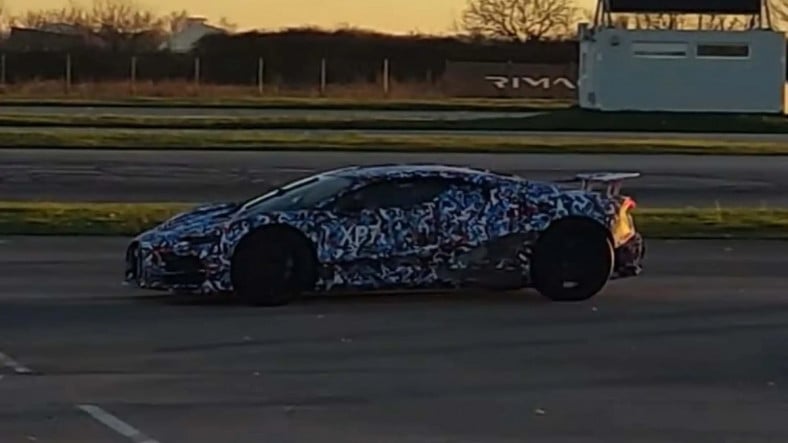In his COP29 statement, US President Joe Biden affirmed that the clean energy revolution is irreversible and highlighted the landmark 2035 climate finance agreement that supports developing countries’ transition to sustainable economies.
The US government said the effort, which promotes innovation in clean energy and electric vehicles, strengthens North America’s leadership in the fight against climate change.
In the same spirit, the United States and Mexico have collaborated on various initiatives to combat climate change and promote sustainable development, emphasizing joint efforts to address climate change and create economic opportunity for both countries.
Developing countries have asked for more than $1 trillion in aid, calling the deal an “insult” and saying it does not provide the critical support they need to effectively confront the crisis.
Programs mentioned by the United States
Environmental protection: The Kalan program, whose name means “care and conservation” in the Mayan language, protects the Mayan forest and supports the goal of conserving 30% of Mexico’s territory by 2030 through the México30x30 initiative. We support these efforts, implemented in Campeche, Quintana Roo, Yucatan and Tabasco, which promote a balance between economic development and environmental protection.
Emissions reduction: With support from the U.S. Environmental Protection Agency, Mexico is moving forward in reducing methane emissions through PEMEX, building on a multimillion-dollar investment.
This work reflects a shared commitment to energy sustainability. In addition, USAID has provided more than 1,290,000 carbon credits, resulting in more than three million dollars in revenue for participating local communities.
Electromobility: Sonora and Arizona are leading economic integration with projects that increase electric vehicle and battery production under the USMCA, create jobs and position North America as a leader in the transition to a green economy. In Yucatan, USAID supported the development of more than 100 km of electric bus routes (IE-Tram), strengthening sustainable urban transport.
Sustainability: USAID projects such as SURGES and Thriving and Resilient Communities strengthen entrepreneurship skills, connect communities with the private sector, and improve access to finance while conserving Mayan forests and promoting community-led productive projects, revitalizing the cultural and economic heritage of Mexico and Central America. .
Climate cooperation: Through the North American Leadership Summit (NALS) and John Kerry’s seven visits to Mexico, both countries are working to limit global warming to 1.5 degrees Celsius, strengthening their joint commitment to ambitious goals and results.













